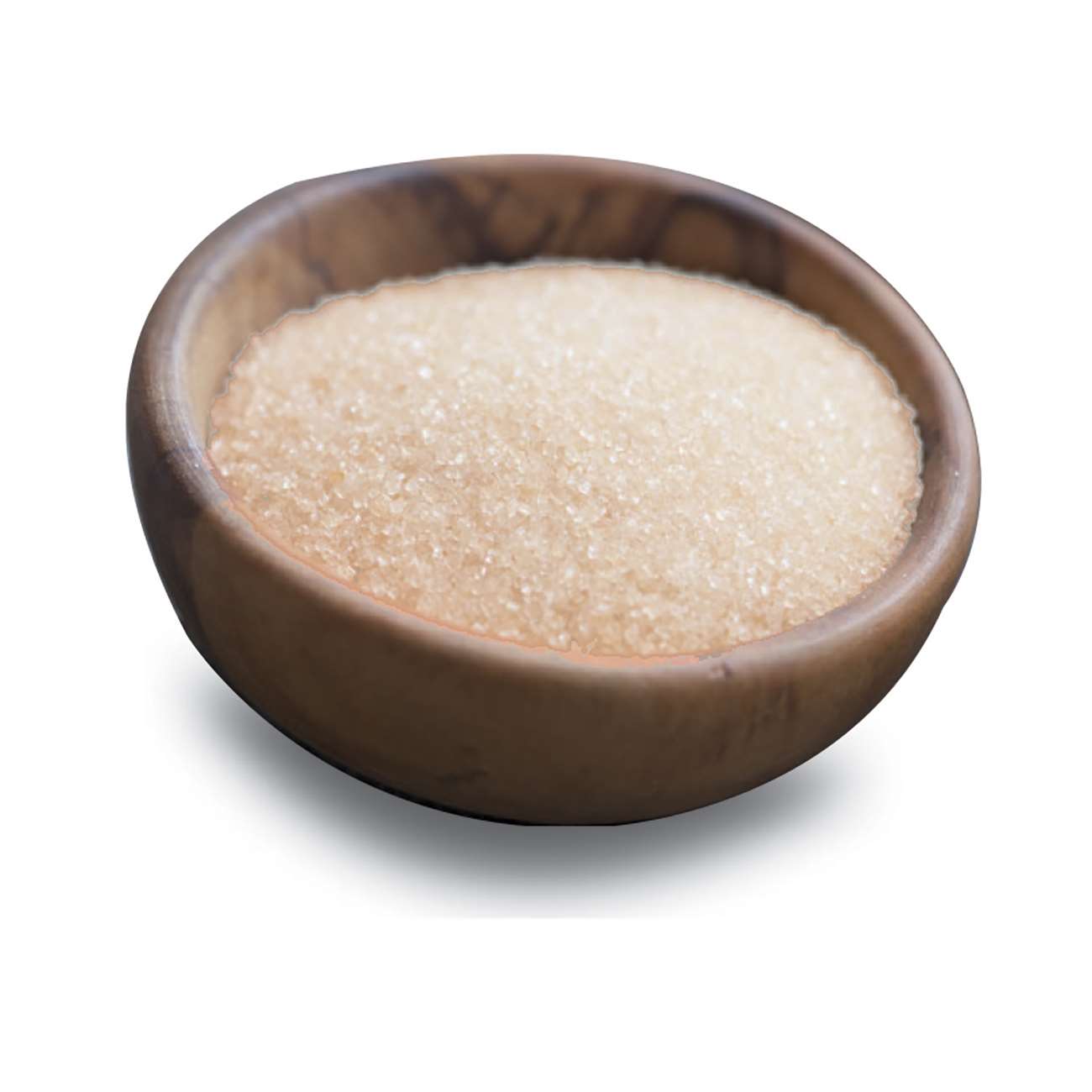Cane Sugar Processing: From Area to Table-- A Step-by-Step Overview
Cane Sugar Processing: From Area to Table-- A Step-by-Step Overview
Blog Article
A Detailed Summary of the Health and Economic Ramifications of Walking Stick Sugar Handling on Neighborhood Communities
Walking stick sugar processing plays a critical duty in forming the economic landscape of regional neighborhoods, supplying work possibilities and stimulating ancillary sectors. The health and wellness implications connected with high sugar usage can not be ignored, as they contribute to increasing prices of excessive weight and diabetes.
Economic Benefits of Walking Cane Sugar Processing
Walking stick sugar handling offers significant economic advantages that expand past the immediate agricultural sector. The growing and handling of sugarcane create numerous task opportunities, from farming to production and distribution. This work generation not only sustains local economies however also cultivates community development by providing stable income sources for families.
Furthermore, the sugar sector promotes supplementary businesses, including transportation, tools supply, and packaging solutions (Cane Sugar Processing). As these markets grow, they contribute to a more robust financial framework, boosting total neighborhood strength. The export potential of processed walking cane sugar further amplifies economic advantages, positioning areas as affordable players in worldwide markets
Investment in contemporary handling centers can result in raised efficiency and effectiveness, therefore decreasing waste and optimizing resource usage. This shift not only benefits the neighborhood economy but also supports sustainability initiatives by lessening environmental impacts.
Additionally, the profits produced from cane sugar handling can be reinvested in local framework, education and learning, and health care, promoting all natural area development. On the whole, the financial advantages of cane sugar processing are diverse, giving a foundation for withstanding prosperity in agricultural regions.
Health And Wellness Threats Linked With Sugar Usage
Excessive sugar consumption presents significant wellness risks that warrant severe attention. High consumption of sugarcoated, specifically from processed foods and beverages, has actually been linked to countless health issues. One of one of the most important concerns is excessive weight, as sugary diets add to an increased calorie consumption without giving important nutrients. This excess can lead to metabolic conditions, including kind 2 diabetic issues, which has ended up being progressively widespread in both adults and kids - Cane Sugar Processing.
In addition, high sugar consumption is connected with heart disease. Raised blood glucose degrees can lead to insulin resistance, a forerunner to various heart-related concerns. Additionally, sugar can have detrimental results on oral wellness, leading to dental caries and periodontal disease, as bacteria in the mouth prosper on sugar, creating acids that deteriorate tooth enamel.
Additionally, emerging research study suggests a prospective web link in between high sugar intake and mental wellness conditions, such as anxiety and anxiousness. As neighborhoods grapple with these wellness risks, it becomes necessary to advertise recognition and encourage much healthier nutritional options. Attending to sugar intake is critical not only for individual health and wellness yet likewise for the general health of regional neighborhoods, stressing the requirement for thorough public health methods.
Environmental Impacts of Sugar Production
Frequently overlooked in conversations about sugar's effects is the substantial ecological influence of sugar manufacturing. The growing of sugarcane usually demands substantial land usage, resulting in logging, loss of biodiversity, and disruption of local ecosystems. The conversion of woodlands and marshes right into sugar ranches can lead to environment devastation, threatening numerous varieties and modifying environmental equilibrium.
Furthermore, sugar production is resource-intensive, consuming significant amounts of water for watering. This can bring about exhaustion of regional water resources, negatively affecting both agricultural practices and area access to clean water. Furthermore, making use of chemical fertilizers and pesticides in sugarcane farming can add to dirt destruction and water air pollution, as drainage from these chemicals enters nearby rivers and lakes, influencing marine life and human wellness.
The environmental impact click here to read encompasses the processing stage, where power intake and waste generation additional exacerbate environmental concerns. Air contamination from burning sugarcane areas, in addition to greenhouse gas exhausts, add to climate change. Therefore, the ecological effects of sugar manufacturing warrant significant factor to consider, advising stakeholders to take on more sustainable methods to mitigate these damaging impacts on regional communities and areas.
Job Creation and Community Growth
The environmental difficulties positioned by sugar manufacturing are frequently counterbalanced by its capacity for economic advantages, especially in job production and neighborhood development. The cane sugar industry works as a significant resource of employment in numerous rural areas, supplying tasks across various ability levels, from agricultural labor to handling and circulation duties. This work not just sustains specific households but additionally adds to the overall financial vitality of neighborhood communities.
Additionally, the establishment of sugar processing facilities boosts ancillary businesses, such as transport services, equipment supply, and maintenance service providers. As these companies thrive, they create extra tasks and strengthen local economic situations. The income produced from the sugar sector likewise leads to increased tax earnings, which can be reinvested into social work such as education, framework, and medical care advancement.
Moreover, the sugar sector frequently involves in neighborhood development efforts, such as supporting local colleges and health and wellness programs, therefore boosting the high quality of life for citizens. By promoting strong community connections and promoting economic development, the cane sugar handling market plays a crucial role in uplifting regional populaces, making it a crucial component of sustainable growth methods in sugar-producing regions.
Balancing Health and Economic Growth
In navigating the complexities of walking cane sugar handling, a crucial obstacle hinges on balancing health considerations with economic development. The sugar sector significantly contributes to neighborhood economies by generating jobs, promoting related markets, and raising tax obligation revenues. However, the health effects related to extreme sugar usage can lead to chronic illness such as obesity, diabetes mellitus, and cardiovascular problems, which find out here can problem public wellness systems and lessen labor force efficiency.

Additionally, regulative frameworks can play a pivotal function in guiding market techniques towards more health-conscious and sustainable methods. By fostering collaboration in between federal government bodies, wellness organizations, and the sugar sector, neighborhoods can browse the duality of wellness and economic development, guaranteeing that the benefits of walking cane sugar handling are equitably shared while focusing on public wellness.
Final Thought
To conclude, the handling of walking cane sugar presents both substantial economic advantages and noteworthy wellness threats for local areas. While it fosters work creation and boosts regional advancement, the involved health and wellness worries, particularly regarding news weight problems and diabetes, necessitate a careful balancing act. By advertising responsible consumption and investing in neighborhood education and lasting techniques, it is possible to make best use of economic advantages while decreasing unfavorable wellness results, therefore making certain a much healthier future for local populations.
Additionally, sugar can have harmful effects on oral health, resulting in dental caries and periodontal condition, as bacteria in the mouth prosper on sugar, creating acids that deteriorate tooth enamel.
Dealing with sugar usage is critical not only for individual wellness yet also for the total well-being of regional neighborhoods, emphasizing the demand for extensive public health techniques.
Frequently neglected in conversations about sugar's ramifications is the considerable ecological effect of sugar production. The health ramifications connected with extreme sugar intake can lead to chronic illness such as weight problems, diabetes mellitus, and cardio problems, which can problem public health systems and reduce workforce performance.

Report this page